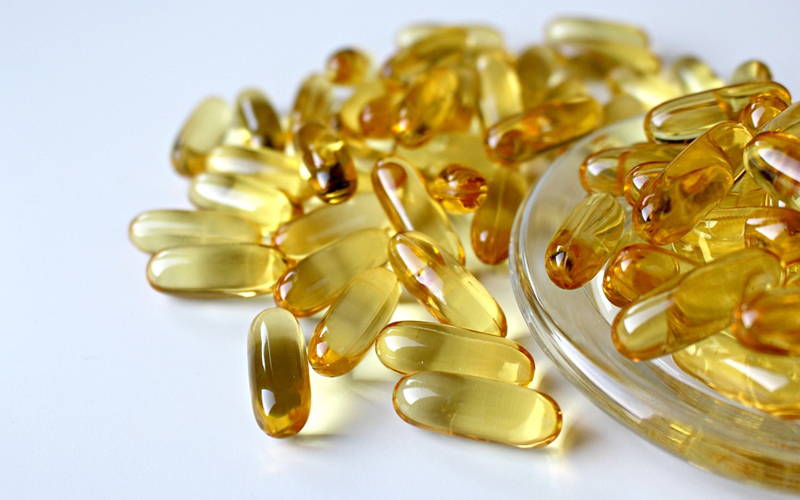Navigating the waters of nutritional supplements, one often wonders about "too much omega 3." In our pursuit for healthier lives, we stumble upon various supplements, and omega-3s stand tall among them. As enthusiasts and experts alike sing the praises of these beneficial fatty acids, the lingering doubt remains: how much is really too much fish oil? The age-old balance between deficiency and abundance is crucial, and understanding it holds the key to wellness.
How much is too much fish oil?

Benefits in Moderation
Too Much Omega 3
Fish oil: how much is too bad?
Seek Expert Advice
Is 1000 mg of fish oil too much?

Individual Needs Vary
Summary
Frequently Asked Questions
How can I know if I am consuming too much omega-3?
What foods are high in omega-3?
Are there side effects to consuming excessive omega-3 from foods?
What's the difference between EPA and DHA in fish oil?
Can I take omega-3 supplements with other medications?










